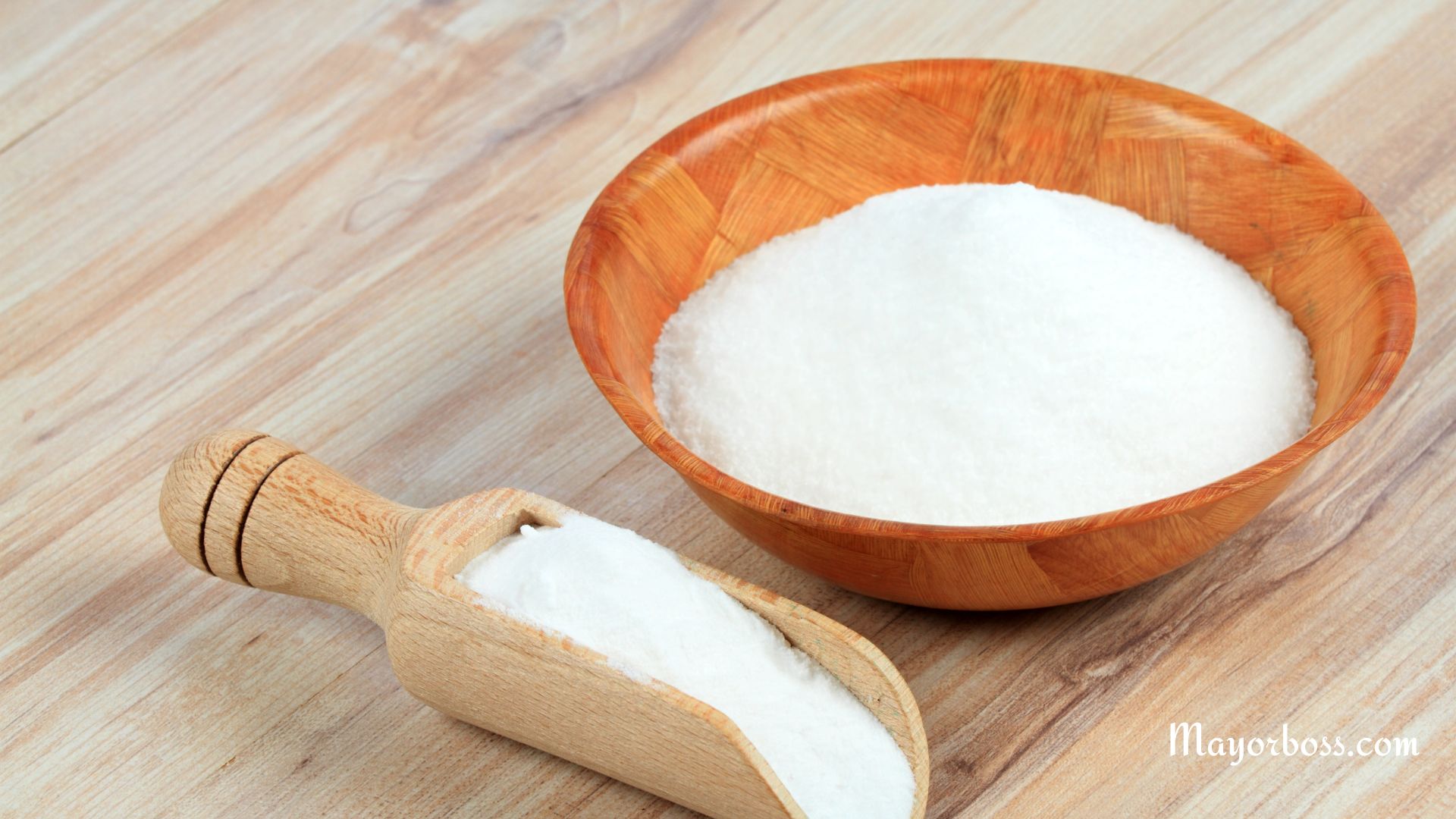Understanding Sodium and Its Importance
Sodium is a mineral that’s essential for your body’s proper functioning. It plays a critical role in many bodily processes. Let’s explore what sodium is, why your body needs it, and how to manage its levels for optimal health.

What Is Sodium?
Sodium is an electrolyte, a type of mineral that carries an electric charge. It’s found naturally in many foods and is also the main component of table salt (sodium chloride). Your body uses sodium to maintain fluid balance, transmit nerve impulses, and contract muscles.
Why Your Body Needs Sodium
Maintaining Fluid Balance
Sodium helps regulate the balance of fluids in and around your cells. This balance is crucial for maintaining blood pressure and overall fluid levels in your body.
Nerve and Muscle Function
Sodium is vital for nerve function. It allows your nerve cells to send and receive electrical signals. Similarly, it aids muscle function, including the muscles that keep your heart beating.
Other Functions
Sodium also influences other bodily functions, like the absorption of certain nutrients in the intestine and maintaining cognitive function.
How Much Sodium Do You Need?
The amount of sodium you need can vary based on age, lifestyle, and health conditions. Generally, health organizations recommend limiting sodium intake to less than 2,300 milligrams per day for adults. However, most people consume more than this, largely due to processed and prepared foods.
Sources of Sodium
Natural Sources
Sodium is naturally present in various foods, like celery, beets, and milk. These natural sources usually don’t contribute to excessive sodium intake.
Added Sodium
A significant amount of sodium in diets comes from added salt. This includes not just what you might add to your food at the table but also what is added to processed and restaurant foods.
Managing Sodium Intake
Reading Labels
To manage your sodium intake, start by reading food labels. Look for terms like “low sodium,” “reduced sodium,” or “no salt added.”
Cooking at Home
Preparing your own meals lets you control the amount of salt used. Experiment with herbs and spices to add flavor without extra sodium.
Be Cautious Eating Out
Restaurant meals often contain high levels of sodium. Don’t hesitate to ask for meals with less salt or for dressings and sauces on the side.
The Risks of Too Much Sodium
Consuming too much sodium can result in health problems like high blood pressure, which increases the risk of heart disease and stroke. It can also cause fluid retention, leading to swelling and discomfort.
The Risks of Too Little Sodium
While rare, not getting enough sodium can also be problematic. It can lead to a condition called hyponatremia, where low sodium levels cause headaches, confusion, seizures, and other serious symptoms.
Final Thoughts
Sodium is a crucial part of your diet, but like many things, it’s best in moderation. Pay attention to your sodium intake, especially if you have health conditions that require you to manage your sodium levels carefully. Making mindful food choices can help maintain the right balance for your health and well-being.






